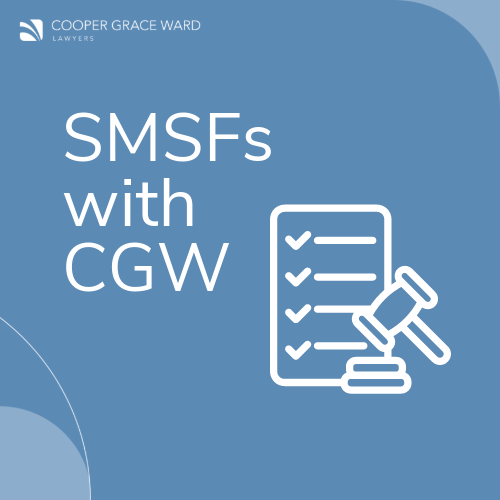H L Booth, by her litigation guardian, G Booth v Kendall & Anor
[2009] QSC 237 (20/08/09)
This recent Supreme Court decision highlights the inherent power of the Court to compel a claimant to attend an independent medical examination even where that examination may cause pain, distress or discomfort.
Legislation entrenches the historical right of a defendant to an independent medical examination. This right however is not absolute and is tempered by the requirement that an examination be reasonable and not unnecessarily repetitious.
Here the claimant sought to resist a follow-up examination with the defendant’s appointed specialist on the basis that she had become physically ill, distressed and very dizzy following the original examination. The effects were said to have lasted for some days. The defendant argued that without the follow-up examination, its specialist would be unable to reach a concluded opinion, which would put it at a forensic disadvantage.
The decision refers to the claimant having been subjected to extensive testing over many years by various experts. It was not suggested however that this examination was unnecessarily repetitious. Rather it was suggested that it was unreasonable.
Ultimately the court ordered that the claimant submit to the follow-up examination, failing which the action would be stayed. In making this order his Honour, Justice Martin, emphasised the need for courts to balance a claimant’s personal liberty against a defendant’s right to defend itself in litigation as it thinks fit. In this balancing process his Honour considered:
- the discomfort and distress experienced at the last examination and the likelihood that it would be repeated;
- whether the claimant would be exposed to any risk of permanent injury – there was no evidence to suggest this;
- the effect of not having a further examination – an inconclusive opinion;
- the significant claim advanced by the claimant – some $8,000,000.
- the inability of the defendant to meaningfully engage in an upcoming mediation without the report; and
- the ultimate cost of trial – here the trial will probably have to be conducted in England due to the severity of the claimant’s condition and the presence of almost all witnesses being in that country.
The court considered that the right of the defendant to properly defend itself outweighed the rights of the claimant.
In the past the courts have also ordered independent examinations:
- to resolve an impasse between competing opinions: Cady v Jones (unreported, Southport Dist Ct, Hall DCJ, 3 April 1998) now reinforced by Rules 429I – 429K of the Uniform Civil Procedure Rules 1999;
- where a claimant has obtained further opinion or where existing opinions are old: Muller v Nebo Shire Council [2002] QSC 08; and
- outside the claimant’s hometown, even though the claimant may suffer from a significant disability making travel problematic: Gray v Hopcroft & Anor [2000] QCA 144.
If you have any queries regarding this issue or would like to discuss any other matters related to insurance law, please contact one of our Insurance team on 07 3231 2444.




